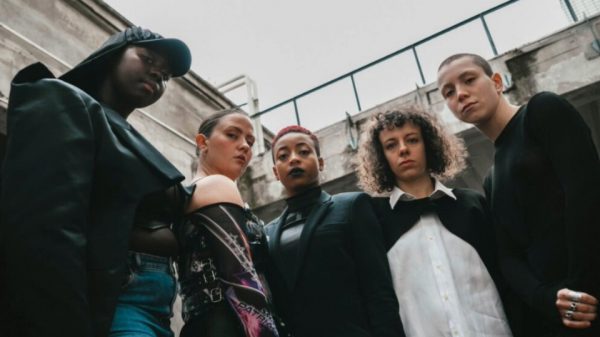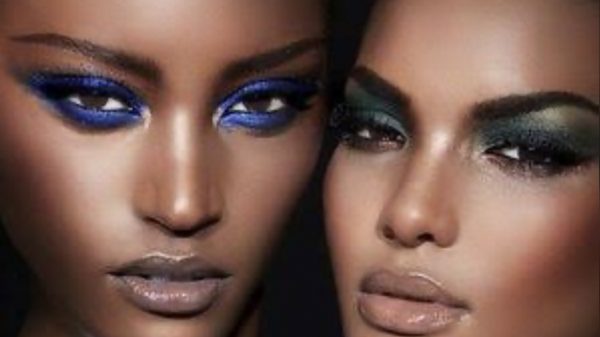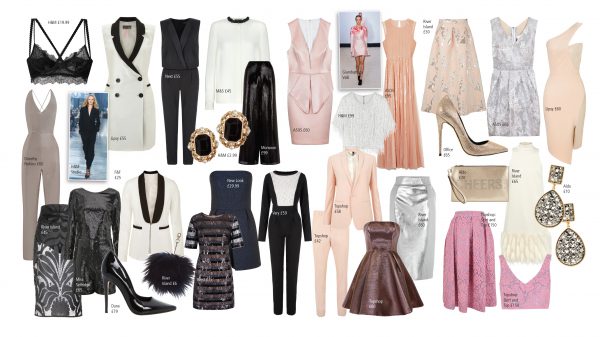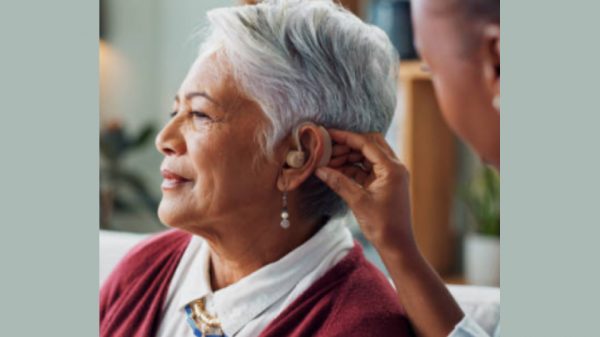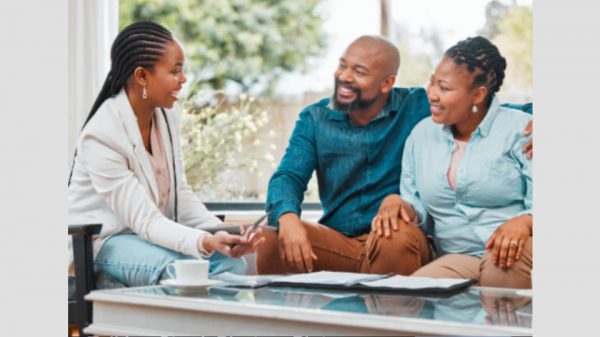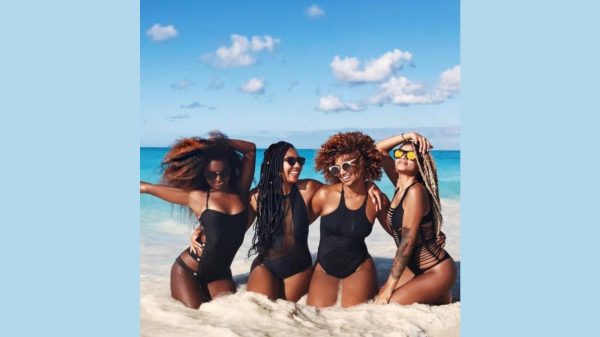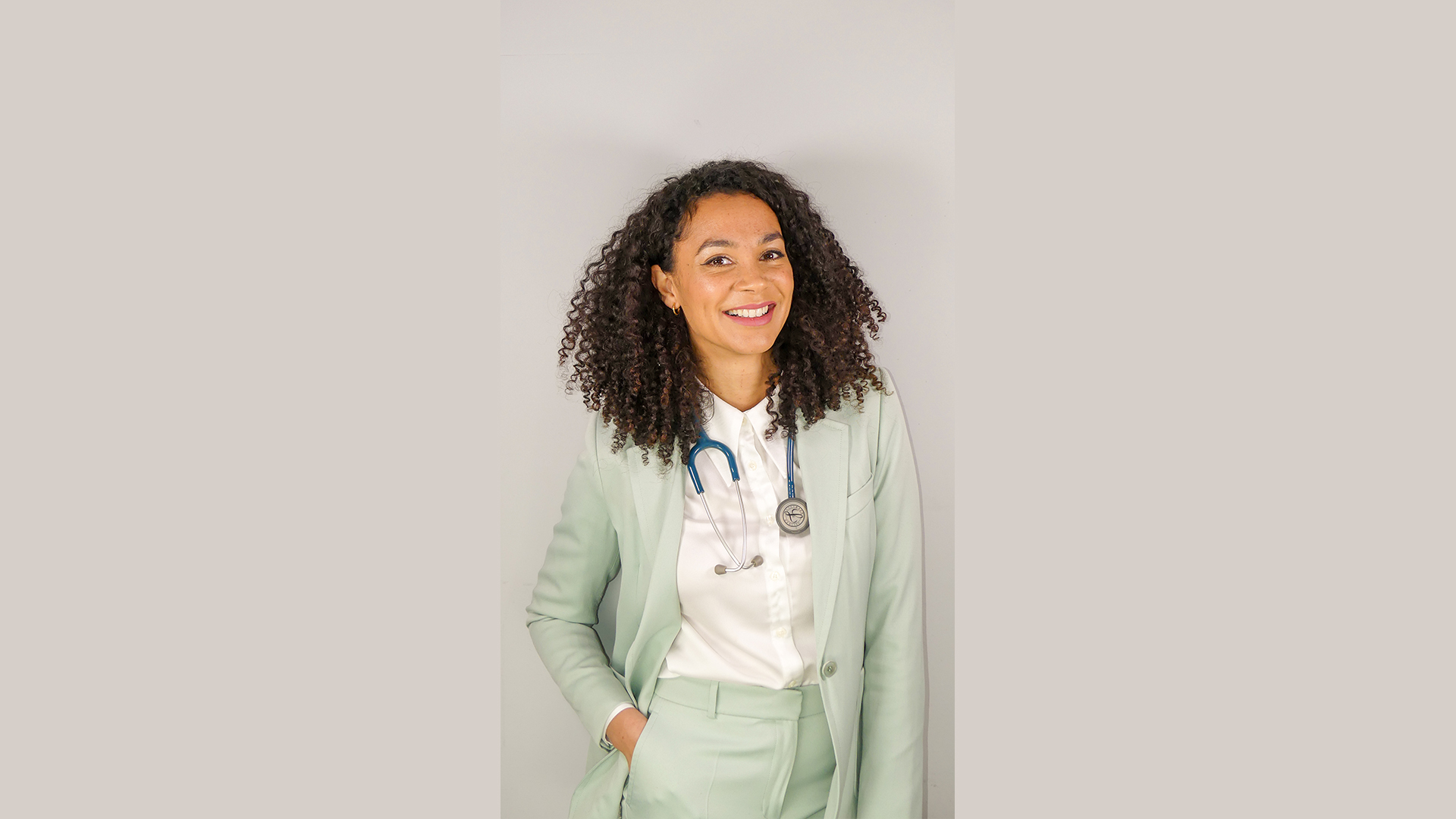Dr Helen Lawal & Dame Elizabeth Anionwu
Millions of people in the UK have already received their first dose of the COVID-19 vaccination. Despite this, there is still some reluctance to get the jab within the black community. We put some of your common COVID-19 vaccine questions to two of our most-loved black healthcare experts.
How many black people took part in the trials for the COVID-19 vaccine?
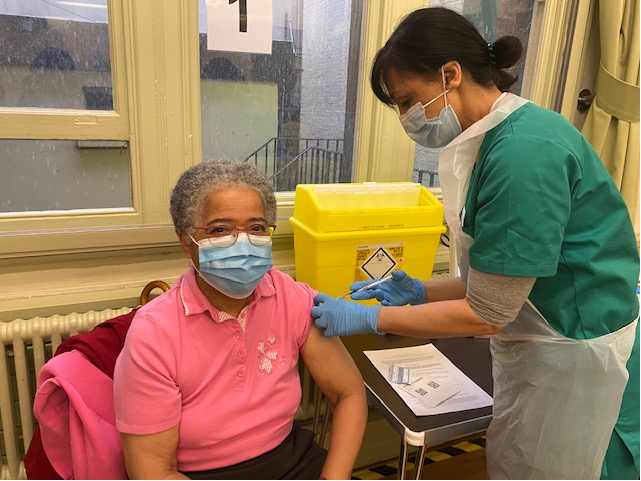 Dr Lawal: It’s always difficult to get black participation in clinical trials, but we can take a lot of comfort knowing that the black representation in trials for the COVID-19 vaccines is one of the highest we have seen in trials for vaccines to date. In the Pfizer/BioNtech vaccine trials around 10% of volunteers were black and in the trial for the Oxford vaccine, approximately 11% of participants were black.
Dr Lawal: It’s always difficult to get black participation in clinical trials, but we can take a lot of comfort knowing that the black representation in trials for the COVID-19 vaccines is one of the highest we have seen in trials for vaccines to date. In the Pfizer/BioNtech vaccine trials around 10% of volunteers were black and in the trial for the Oxford vaccine, approximately 11% of participants were black.
It fills me with so much pride that black scientists have also been at the heart of the development of the COVID-19 vaccines, such as, Dr Onyema Ogbu, an infectious disease specialist at the Yale School of Medicine who helped develop the Pfizer/BioNtech jab, and Dr Kizzmekia Corbett, one of the lead scientists behind the Moderna vaccine.
How could we not find a cure for AIDS and other virus diseases for decades but somehow found a cure for COVID-19 in 10 months?
Dr Lawal: The vaccine is not a cure but a preventative measure, meaning if you are exposed to the virus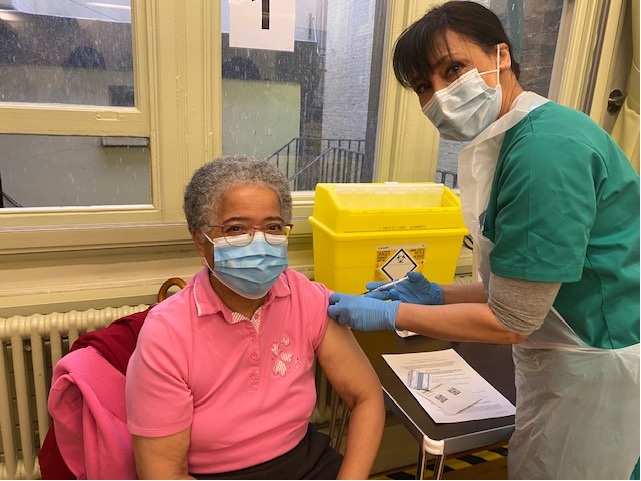 it reduces the chance of you becoming unwell by producing antibodies which fight off the virus.
it reduces the chance of you becoming unwell by producing antibodies which fight off the virus.
It is the best way to protect yourself from coronavirus and the trials have shown it has a very good record at preventing people developing severe coronavirus.
Sadly, some people have interpreted the rapid development of the vaccine to mean it’s unsafe. In reality, the speed in which the vaccines have been created is a result of the global scientific community uniting like never before to find a solution to a deadly virus. Billions of pounds in funding have also been directed to the development and distribution of the vaccine and thousands of people have come forward to take part in clinical trials in a matter of weeks. All of this helped speed up the process but it’s important to note that stages were not skipped, all the vaccines have been through three stages of clinical trials involving thousands of people.
The Medicines and Healthcare products Regulatory Agency (MHRA), the regulatory body responsible for all the medicines we use in the UK, has approved and examined the safety of all the COVID-19 vaccines.
What data is there that shows that the vaccine will not negatively affect women who are pregnant or affect fertility in the future?
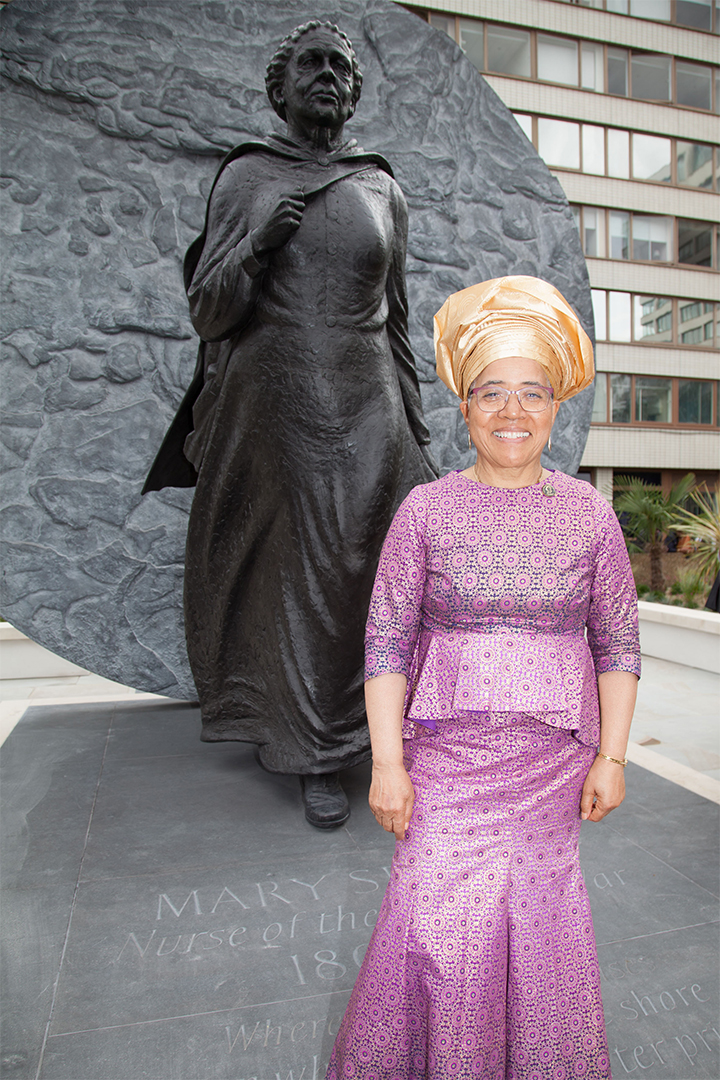
Dr Lawal: I know that some women may be concerned about the impact of the vaccine on their pregnancy. There is no evidence to suggest that the vaccines are unsafe for pregnant women or affect fertility. The vaccine provides you with antibodies that protects you from the virus. Similarly, most people who contract COVID-19 will develop antibodies to the virus, and there is no evidence COVID-19 causes infertility. That said, research is ongoing and more evidence is needed before pregnant women can be routinely offered the vaccine. If you are pregnant and have an underlying health condition or are a frontline worker, the advice is that you may want to consider taking a COVID-19 vaccine as you may face a higher risk of becoming unwell if you catch the virus and therefore experience complications. It’s a very individual decision in this circumstance and a balance of risk and benefit. I’m discussing these options with my pregnant patients and you can talk to your GP about it too.
What exactly is being injected into our arms and how does it work?
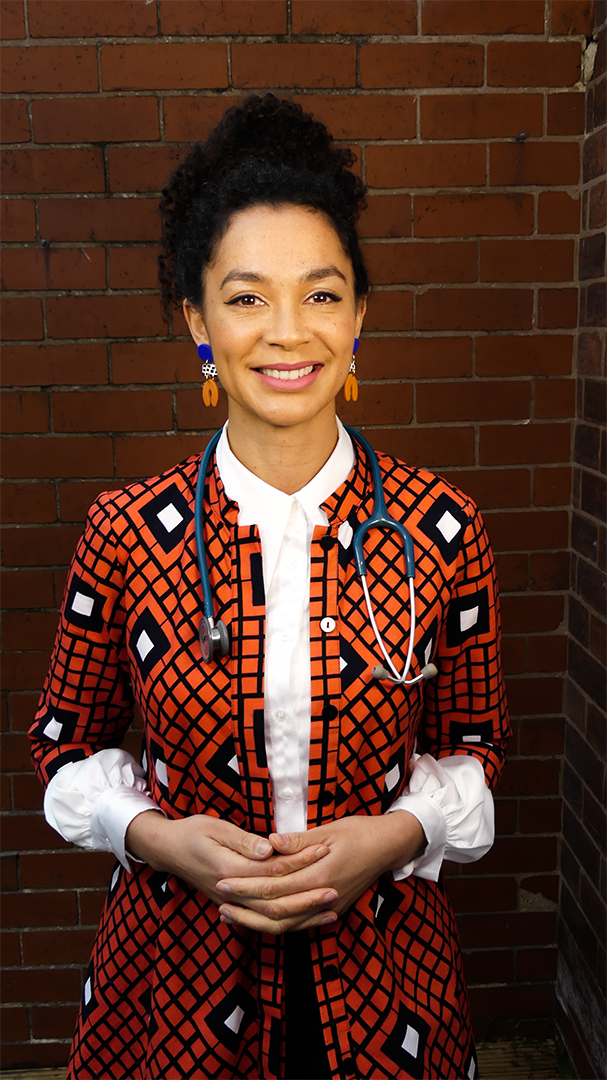 Dr Lawal: I’ve seen some alarming myths circulating about the vaccine changing your DNA. None of the COVID-19 vaccines do this. I think some of the confusion has stemmed from The Pfizer/BioNtech and the Moderna vaccines both being mRNA vaccines. This has nothing to do with DNA and doesn’t interfere with your genes but instead prompts your body to produce proteins which can later fight the virus. Neither of these vaccines or the Oxford AstraZenecacontain any animal products either.
Dr Lawal: I’ve seen some alarming myths circulating about the vaccine changing your DNA. None of the COVID-19 vaccines do this. I think some of the confusion has stemmed from The Pfizer/BioNtech and the Moderna vaccines both being mRNA vaccines. This has nothing to do with DNA and doesn’t interfere with your genes but instead prompts your body to produce proteins which can later fight the virus. Neither of these vaccines or the Oxford AstraZenecacontain any animal products either.
Why is this virus really killing our communities in higher numbers than others?
Dame Elizabeth: There are a number of reasons why black people have been disproportionately impacted. We know that people with underlying health conditions such as diabetes and hypertension are more likely to suffer the most severe symptoms of COVID-19 and there is a disproportionate prevalence of these conditions within the black community. People who workfrontline jobs in the NHS and elsewhere are also more likely to be exposed to the virus and black people are overrepresented in such roles. Around 20% of NHS staff are from black and minority ethnic backgrounds as are almost 50% of independent pharmacy staff. Combined, these lifestyle factors have left us overexposed. This is why it’s so important to take the vaccine. I was delighted to receive mine in January as I know it’s a crucial way to protect myself.
When the government first suggested black and minority ethnic communities should be one of the early groups vaccinated was this so we could be the guinea pigs?
Dame Elizabeth: The aim behind this suggestion was to offer greater protection as research showed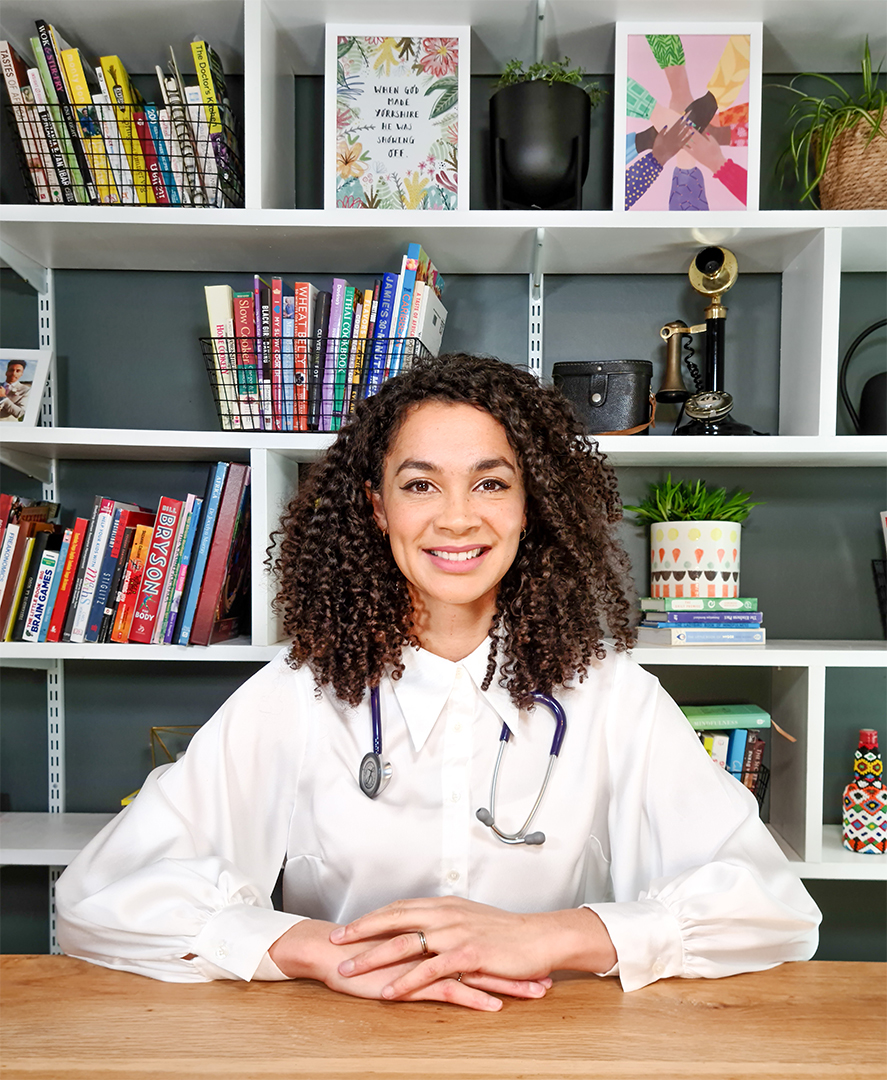 black men were almost four times more likely to die and black women around three times more likely to die from COVID-19 compared to white people. However, we now know that age, job and existing health conditions are the key factors – not race. Simply being black does not mean you’re automatically at a higher risk of catching or dying from COVID-19. Therefore, the government is not prioritising people based on their ethnic background.
black men were almost four times more likely to die and black women around three times more likely to die from COVID-19 compared to white people. However, we now know that age, job and existing health conditions are the key factors – not race. Simply being black does not mean you’re automatically at a higher risk of catching or dying from COVID-19. Therefore, the government is not prioritising people based on their ethnic background.
Why should we trust a government that has rarely showed any concern about our community?
Dame Elizabeth: It’s understandable that some people within our community lack confidence in the government but you can turn to trusted independent sources such as your GP or the NHS website for factual information about the vaccine. While the government is encouraging people to take the vaccine when it’s offered to them, it is not forcing anyone to get it. Nor did the government create the vaccine, it was created by scientists. And the vaccines approved here in the UK are also being used around the world.
If you have more questions about the vaccine, you can speak to you GP or visit www.nhs.uk/covidvaccine.






